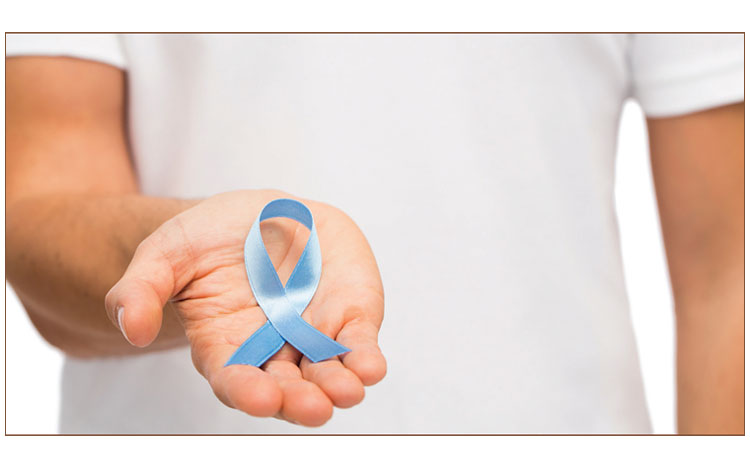
Health News
Features
-
The importance of UV-blocking sunglasses
American Academy of Ophthalmology survey confirms need for more eye protection BEACH, THE POOL, the lake; Central Floridians will be headed outdoors for fun and relaxation this summer. While most will remember to lather on the sunscreen and shield their skin from harmful UV rays, how many will be watching out for their eyes as…
-
Parker plays his part to help his fellow man
Raising awareness at Walk to Cure Arthritis Tampa event, and beyond PARKER LENTINI, a local 16-year-old with a different story to tell, was an active kid who enjoyed sports. When he started experiencing severe aches and pains in his bones and joints, many around him chalked it up to growing pains. When fevers, rashes, and…
-
A survivor’s take on prostate cancer
New technologies, support, and awareness give hope ONCE A MONTH, a small group of men meet at the Watson Clinic Cancer & Research Center. They all have one thing in common: they were each diagnosed with prostate cancer. “It’s a total shock when you hear that you have cancer,” says Vic Ingargiola, the support group…
Columns
-
Kybella Injections Target Fat in Chin, Neck
If you’re self-conscious about the appearance of your chin and neck area, Kybella might be for you. Kybella is the commercial name for deoxycholic acid, a product that kills fat cells. This acid actually already exists in our bodies, just in the digestive system. It breaks down fats so they’re more easily digested. It can…
-
What is Bell’s Palsy?
By: Edward Attaway, O.D. Bell’s Palsy is a condition in which one side of the face typically experiences temporary paralysis, often lasting from 3-6 months. It results from a dysfunction of the 7th cranial nerve, also referred to as the facial nerve, which controls the muscles on the side of your face. Affected muscles include…
-
When Do You Visit the Doctor for Hives?
Hives are itchy patches of skin that turn into swollen, itchy welts. They can vary in size. Chronic hives are defined as hives that last for more than six weeks and return over the course of months or years. The cause of chronic hives is often unknown. These welts are caused by some reaction that…




